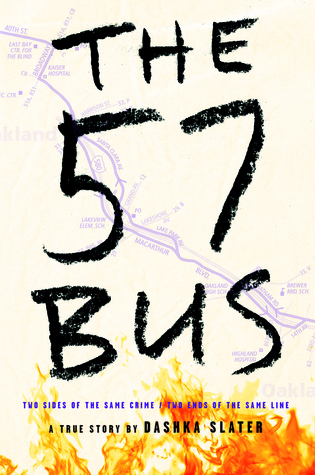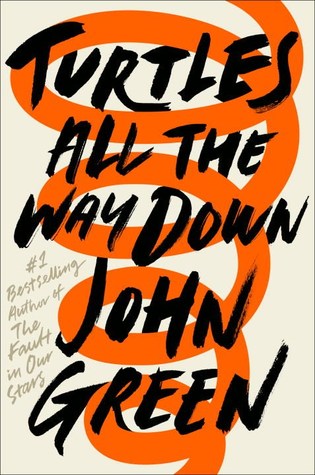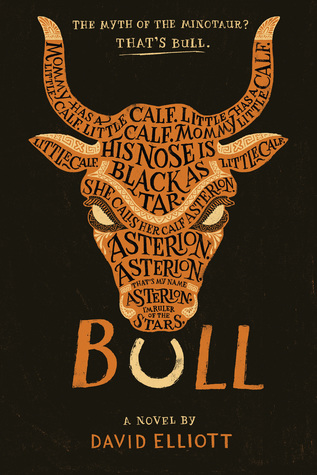“We Are Okay” (Dutton 2017) by Nina LaCour, is the winner of the 2018 Michael L. Printz Award for Excellence in Young Adult Literature. This gorgeously written brief story centers on Marin and her survival of grief. LaCour begins Marin’s story in an upstate New York college dormitory, emptied of girls who have gone home for the holidays. A snowstorm is looming. It’s a perfect gothic touch and oddly, I longed to be in this lonely setting. It’s no coincidence that Marin is obsessing over “The Turn of the Screw” and “Jane Eyre.”
Young Adult Literature. This gorgeously written brief story centers on Marin and her survival of grief. LaCour begins Marin’s story in an upstate New York college dormitory, emptied of girls who have gone home for the holidays. A snowstorm is looming. It’s a perfect gothic touch and oddly, I longed to be in this lonely setting. It’s no coincidence that Marin is obsessing over “The Turn of the Screw” and “Jane Eyre.”
In copious flashback we learn that Marin is an orphan, raised by her grandfather in the San Francisco Bay Area. They lived near a beach where her mother had drowned when Marin was a toddler, in a surfing accident. Marin never knew her father. Marin’s best friend growing up, Mabel, is coming for a dreaded two-day visit to the dorm, before returning home to the Bay Area.
Marin remembers herself with Mabel coming of age in sunny California. She says, “It was terrifying, the idea that we could fall asleep girls, minty breathed and nightgowned, and wake to find ourselves wolves.” A perfect metaphor. This is realistic fiction.
The story is largely told in Marin’s musings. About growing up, Marin says, “ . . . there’s a difference between how I used to understand things and how I do now.” And “ . . . even the fiercest denial can’t stop time.” And yet another: “The trouble with denial is that when the truth comes, you aren’t ready.” These insights come amidst the setting of growing up carefree alongside the ocean—an enviable upbringing.
Here’s a universal experience. “I listened to the same heartbroken song the entire bus ride home, because it was still a summer when sadness was beautiful.”
In cold New York, Marin is coming to terms with her grandfather’s secrecy. They’d lived comfortably together, he having given her loads of freedom. Marin had thought she’d known her grandfather, but was mistaken. Now she constantly mulls over the tragedy that occurred at the end of the summer. “There are degrees of obsession, of awareness, of grief, of insanity. . .Each time I thought I may have understood, some line of logic snapped and I was thrust back into not knowing.”
Mabel arrives, the snowstorm hits, they’re isolated from the outside world, and they begin to repair their broken relationship. Marin must face what she’s run so far from. In the end there is hope, which is one of the things I love about young adult literature. Almost always there is hope.
I haven’t bawled like this over a book in a long time. (Thank Heavens I was home). Not because it’s so sad, but because it’s so emotionally beautiful. There were many terrific books published in 2017, but I agree with the Printz committee that this story rises above the others.
Patricia Hruby Powell is author of the young adult documentary novel Loving vs. Virginia and Josephine: The Dazzling Life of Josephine Baker talesforallages.com




